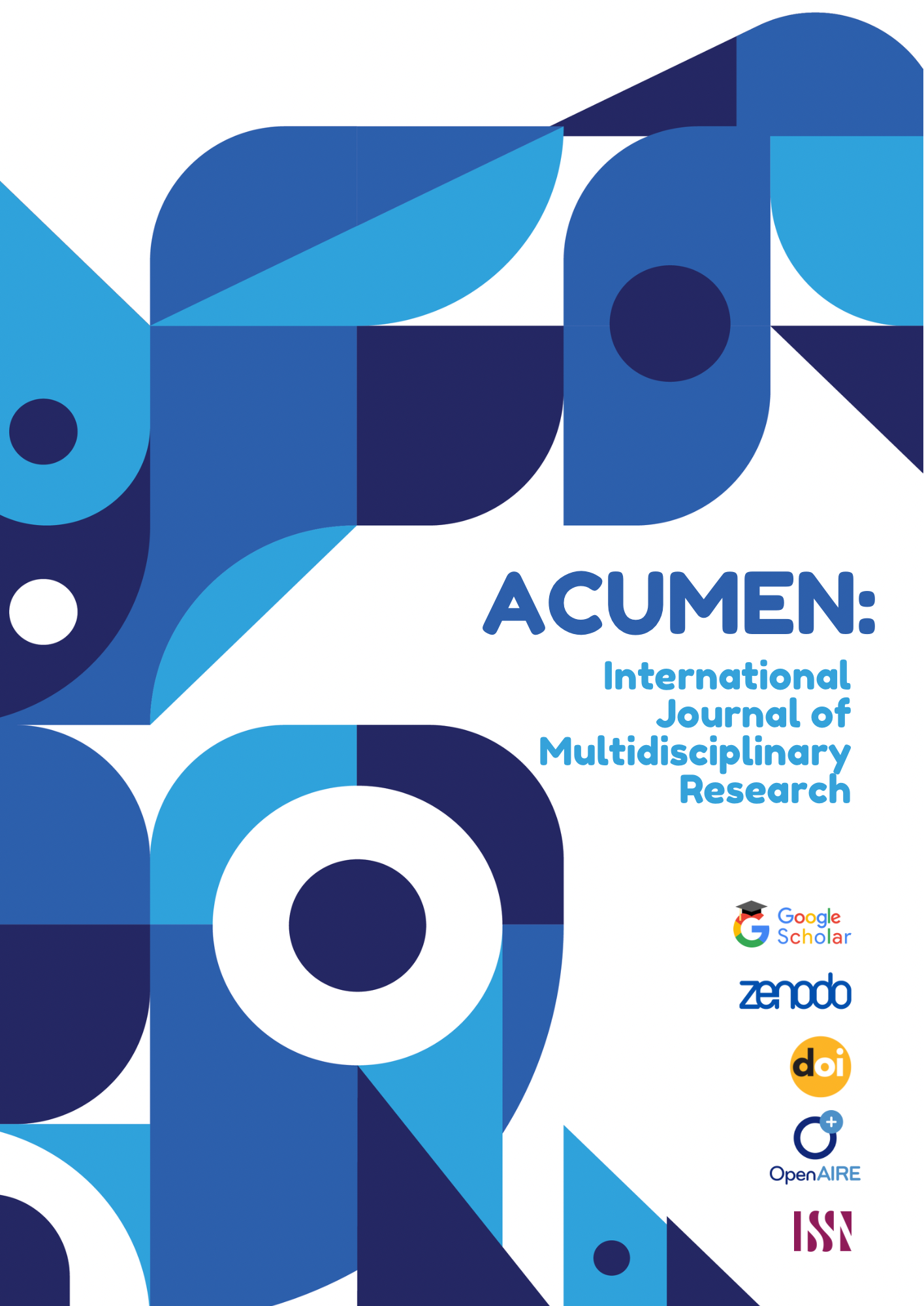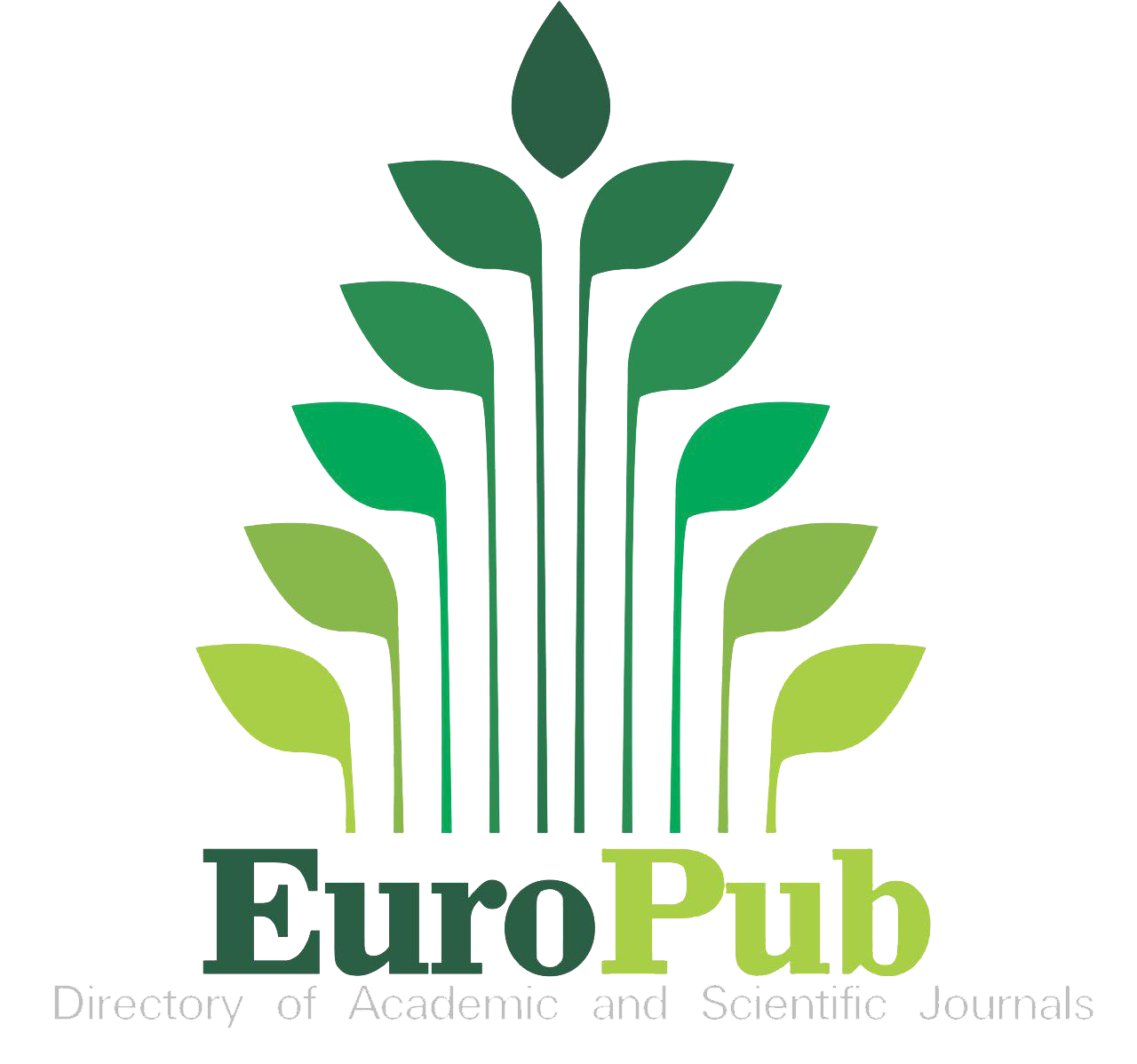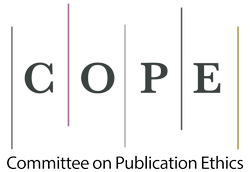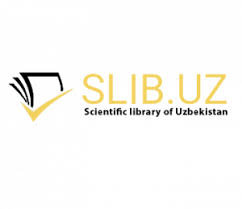THE ROLE OF TASK-BASED LANGUAGE LEARNING IN ENHANCING PROFESSIONAL COMPETENCE FOR FUTURE TOURISM SPECIALISTS
Keywords:
task-based learning, professional competence, tourism specialists, language learning, communication skills, intercultural competence, real-world tasks, active learning, role-play, problem-solving.Abstract
The study explores the significance of task-based language learning (TBLL) in developing professional competence among future tourism specialists. TBLL emphasizes real-world communication through tasks that mimic workplace scenarios, fostering practical language skills and intercultural awareness essential in tourism. The research highlights how TBLL promotes active learning, adaptability, and problem-solving abilities, key competencies for tourism professionals. By engaging in tasks like role-playing, project-based assignments, and simulations, students can apply their language skills in relevant contexts, enhancing both linguistic proficiency and professional expertise. The paper underscores TBLL’s role in aligning language learning with the dynamic demands of the tourism industry.
References
1. Ellis, R. (2003). Task-based Language Learning and Teaching. Oxford University Press, pp. 45-67.
2. Nunan, D. (2004). Task-Based Language Teaching. Cambridge University Press, pp. 120-138.
3. Willis, J. (1996). A Framework for Task-Based Learning. Longman, pp. 89-102.
4. Skehan, P. (1998). A Cognitive Approach to Language Learning. Oxford University Press, pp. 150-165.
5. Richards, J.C., & Rodgers, T.S. (2001). Approaches and Methods in Language Teaching. Cambridge University Press, pp. 210-223.
6. Robinson, P. (2011). Task-Based Language Learning: Research and Practice. John Benjamins Publishing, pp. 98-114.
7. Long, M.H. (2015). Second Language Acquisition and Task-Based Language Teaching. Wiley-Blackwell, pp. 233-247.
8. Estaire, S., & Zanon, J. (1994). Planning Classwork: A Task-Based Approach. Macmillan, pp. 56-72.





























